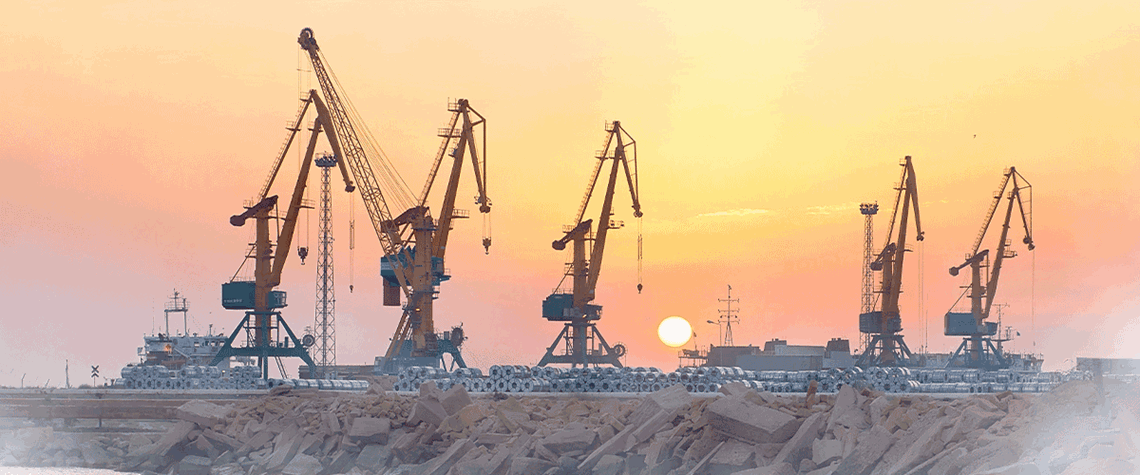Political will a key driver for Central Asia hydrogen
While the region is seeing new interest from Middle Eastern and European developers, a lack of midstream infrastructure and uncertainty around local demand could be a hurdle for large-scale projects
Future hydrogen development in Central Asia will depend on political ambition to decarbonise and could face offtake and export hurdles, warns Yury Melnikov, independent analyst and member of the UN Economic Commission for Europe’s task force on hydrogen, drawing on the results of an open study due to be published in Geneva in the coming weeks. While the region is emerging as a new source of oil and pipeline gas to Europe in the wake of the Russia-Ukraine war, unlocking vast hydrogen potential is lagging some way behind. Uzbekistan and Kazakhstan present the most likely centres of Central Asian hydrogen production, owing to an abundance of energy resources—natural gas, wind and solar—and poli

Also in this section
14 January 2026
Continent’s governments must seize the green hydrogen opportunity by refining policies and ramping up the development of supply chains and infrastructure
6 January 2026
Shifts in government policy and rising power demand will shape the clean hydrogen sector as it attempts to gain momentum following a sluggish performance in 2025
23 December 2025
Government backing and inflow of private capital point to breakthrough year for rising star of the country’s clean energy sector
19 December 2025
The hydrogen industry faces an important choice: coordinated co-evolution or patched-together piecemeal development. The way forward is integrated co-evolution, and freight corridors are a good example







